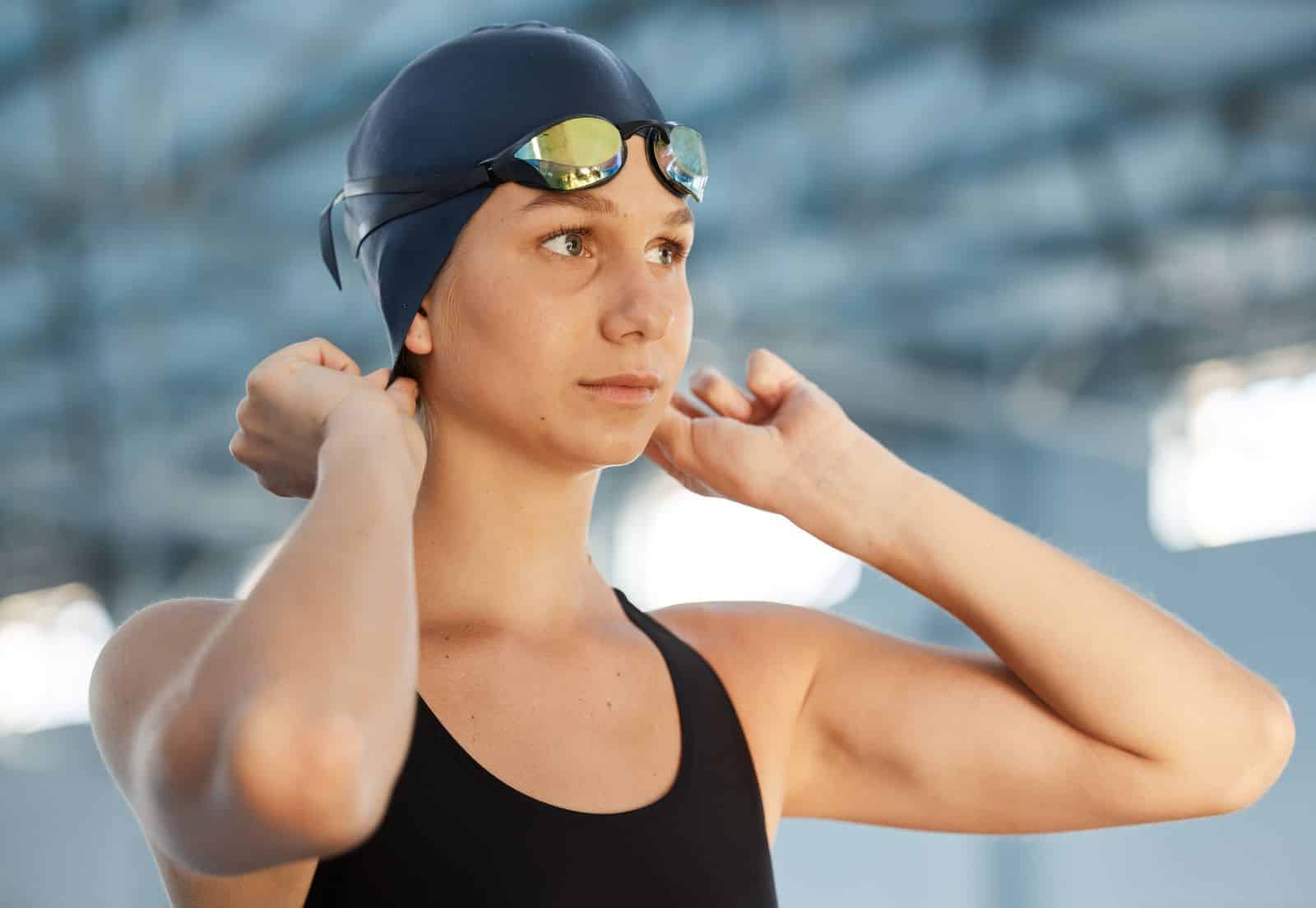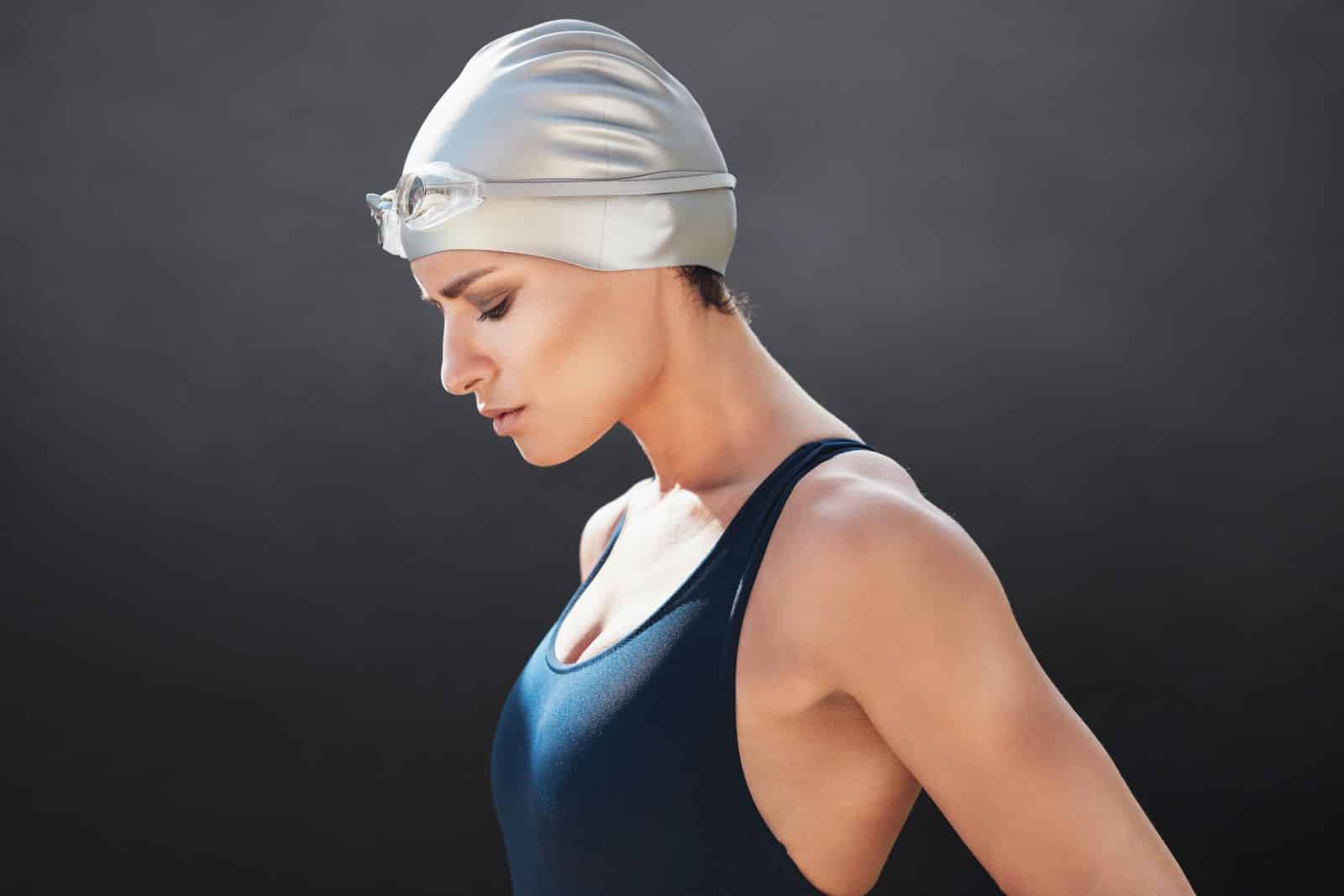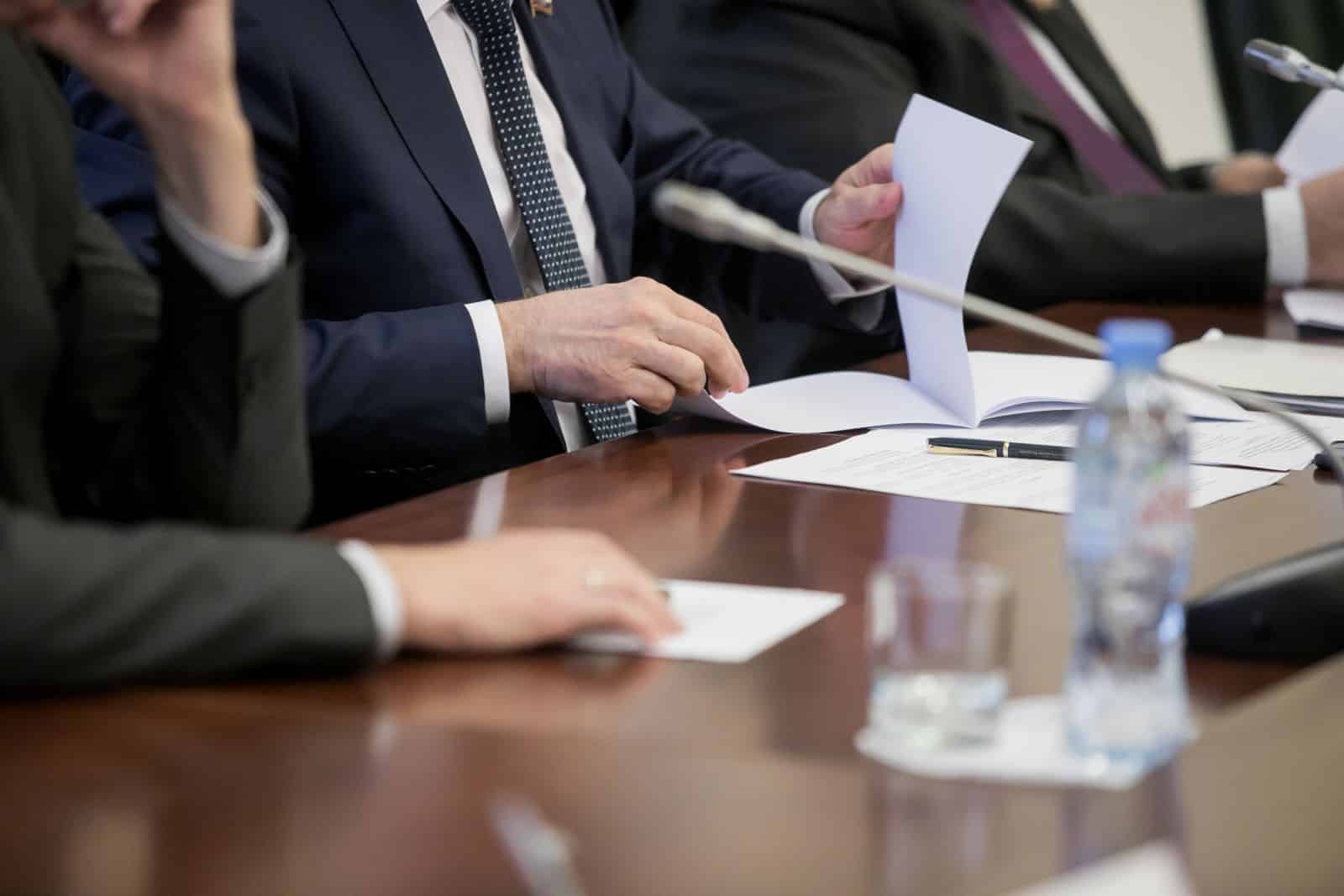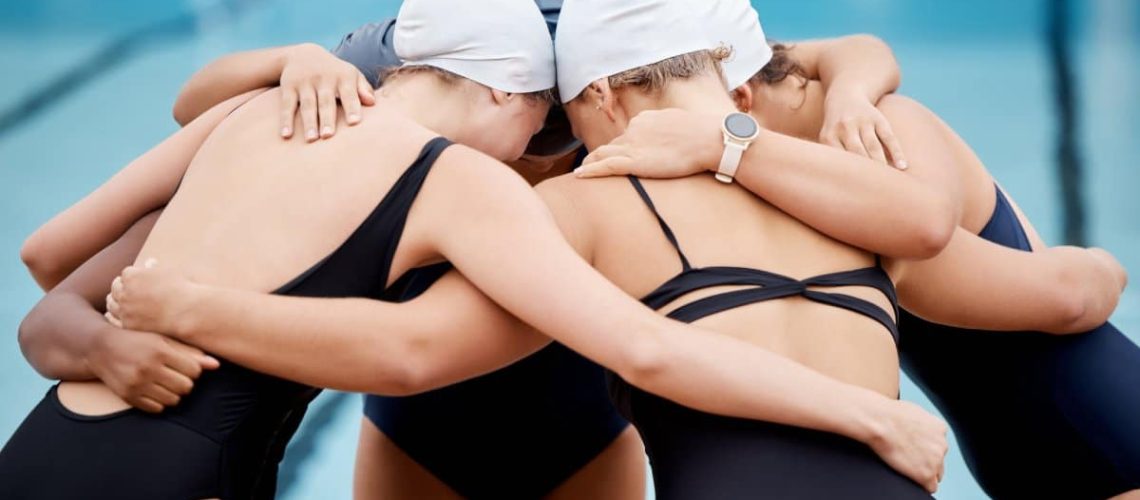A recent situation at Roanoke College in Virginia involving a transgender student’s desire to join the women’s swimming team has sparked controversy about the need for clear guidelines in collegiate sports.
The Complex Scenario

Roanoke College found itself in a difficult situation when a transgender student expressed the wish to join the women’s swimming team after a year of transitioning.
Previously, this student had been a part of the men’s team, leading to questions surrounding fair competition and inclusion principles.
Swimmers Abandoned

The women swimmers at Roanoke College found themselves at the center of this dilemma.
They felt abandoned, their concerns largely unaddressed by both the university and the NCAA (National Collegiate Athletic Association).
Constantly Stressed

One of the team captains, Kate Pearson, shared the overwhelming stress they experienced: “We kept getting put in these situations, and it was so stressful… constantly stressed, crying just all the time.”
Advocating for Clarity

The trio of team captains – Kate Pearson, Lily Mullens, and Bailey Gallagher called upon the NCAA and colleges to take proactive measures and establish clear guidelines to navigate the complexities of transgender athletes participating in collegiate sports.
Pearson said, “There should be a blueprint for this kind of thing.”
Impact on the Team

The presence of the transgender student on the women’s swimming team raised concerns about the potential impact on the team’s dynamics and individual performance records.
However, it’s important to recognize that the athletes’ concerns were rooted in the biological differences in sports, rather than personal bias.
Challenges Faced

The road to addressing their concerns was fraught with challenges for the team captains.
They drafted letters outlining their worries, only to have these letters shared without their consent, leaving them feeling blindsided.
Losing the Core Issue

During a meeting with their coach, the athletes encountered a significant diversion from their core issue.
The transgender student mentioned feeling suicidal, effectively shifting the discussion away from the central topic.
Furthermore, they were asked to participate in a vote regarding the trans swimmer’s continued participation, an experience they found overwhelming and pressuring.
The Need for Clear Rules

The experiences of these student-athletes underscore the urgent necessity for clear, standardized rules governing the participation of transgender athletes in collegiate sports.
They are now more determined than ever to advocate for establishing these rules to ensure fair competition and a level playing field for everyone involved.
So Many ‘Grown-Ups’

Kate Pearson, captain of the sophomore team, expressed her concerns and frustrations stating, “There’s so many ‘grown-ups’ around that should be making these decisions… It was just a hot mess – I was like, what is happening.”
The Longest Month of Our Life

Bailey Gallagher, senior captain, summed up the emotional toll this experience took on them: “It was so exhausting – every aspect: emotionally, physically, mentally… It was just the longest month of our entire life.”
An Open Conversation

The junior captain, Lily Mullens highlighted the team’s unity and their determination to voice their concerns, saying, “Our coach had even said to us that he had never seen our team so unified on one thing… It was a very open conversation.”
Supporting as a Person

The team captains repeatedly emphasized that their concerns were not personal but centered on ensuring a fair and level competitive environment.
Pearson explained, “We support you as a human being, as a person. But when it comes to swimming and competition, there are just too many biological differences, basically.”
A Stab in the Chest

Gallagher recounted a disheartening moment when their coach suggested he could coach a team of one, implying that the trans athlete could stay while the rest of the women’s team left.
Pearson described it as “a big stab in the chest for all.”
How the Team Felt

In a crucial face-to-face meeting that was supposed to address their concerns, the athletes found their coach’s response deeply inadequate.
Pearson described the meeting, saying, “I was giving how the whole women’s team felt, like: we support you, this person.
But when it comes to the athletic side of things, we just think it’s biologically unfair. And we were giving true statistics.”
Why Even Jump in the Pool

They were further disheartened when they were asked to vote on the trans swimmer’s continued participation.
Gallagher questioned the fairness of the process, saying, “It’s just so defeating. It’s like, why would we even jump into the pool, and even try to compete against this person? Because we know our best will never compete with their best, right?”
Future Athletes

The women swimmers’ determination to advocate for clear rules and guidelines was solidified through their experiences.
They recognized the broader implications and their responsibility to future athletes facing similar situations.
Mullens eloquently stated, “Because the way I think about it is what happens when I’m a few years older, and I have a daughter, I put her into a sport, and the same situation happens to her? I would only be thinking to myself: you had a chance to speak up and what did you do? You sat down?”
The post Women’s Swim Team Raises Alarm: Biological Difference Concerns in Transgender Athlete Participation first appeared on Pulse of Pride.
Featured Image Credit: Shutterstock / PeopleImages.com – Yuri A. The people shown in the images are for illustrative purposes only, not the actual people featured in the story.

